Innovation to Impact. See you at the July ESIP Meeting.
What are Collaboration Areas?
ESIP Collaboration Areas are made up of committees and agile working groups that we call clusters. They gather for monthly calls called telecons. Here is some of the work they do:
- Host webinar series and open discussions
- Work on publications, guidelines, and tools
- Prepare interactive sessions for ESIP Meetings
Anyone is welcome to get involved in the ESIP Collaboration Areas. Get the latest news through our ESIP Update and join the ESIP Slack community.

Air Quality
Building connections between scientists and technologists to advance the field of air quality.

Biological Data Standards
Maximizing data relevance and utility for understanding changes in biodiversity over time.

Cloud Computing
Helping organizations tackle challenges related to the volume, variety, and velocity of data through cloud-based architectures, technologies, and software.

Coalition on Publishing Data (COPDESS)
Connecting Earth and space science publishers and data facilities to help translate the aspirations of open, available, and useful data from policy into practice.

Community Ontology Repository (COR)
Supporting the maintenance of COR, a simple repository for Earth science community members to try out semantic technologies, understand their benefits. and explore applications.
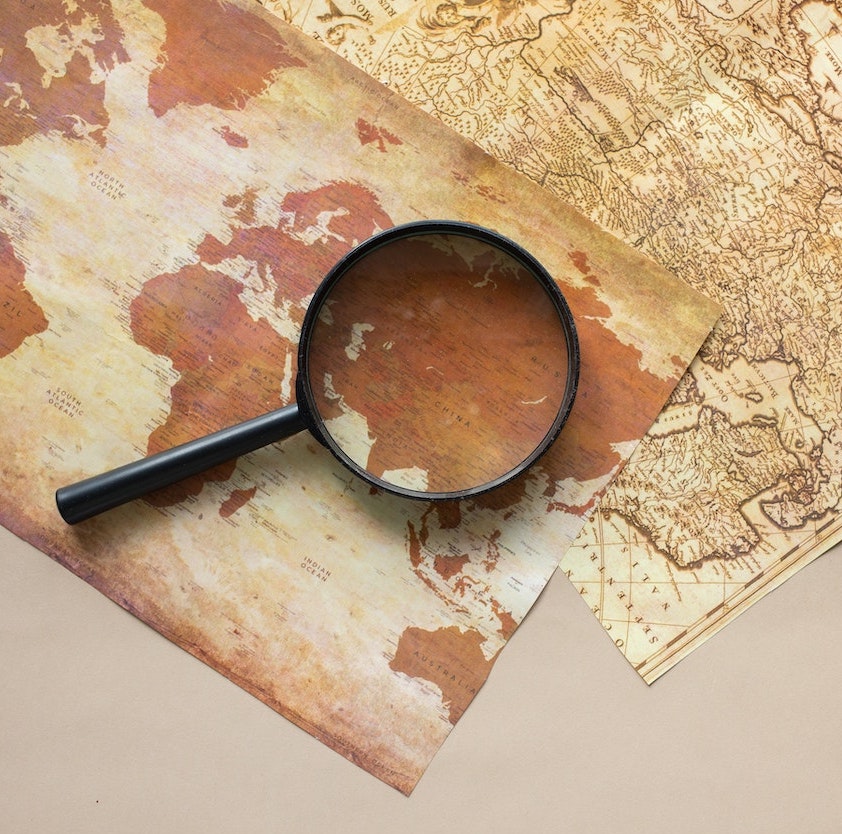
Council of Data Facilities (CDF)
Federation of geoscience data facilities sharing experiences, discussing common concerns, and collaborating on data infrastructure for Earth system science.
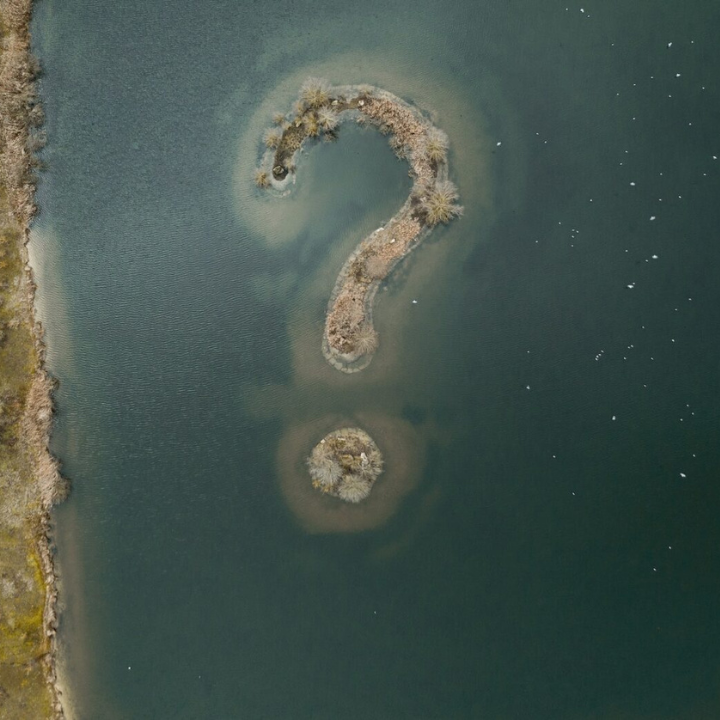
Data Help Desk
Mailing List
Connect researchers to Earth science data and open science tools, software, and leading practices.

Data Readiness
Discussing advancements, defining recommendations, and developing tools for open environmental data for artificial intelligence (AI) applications.
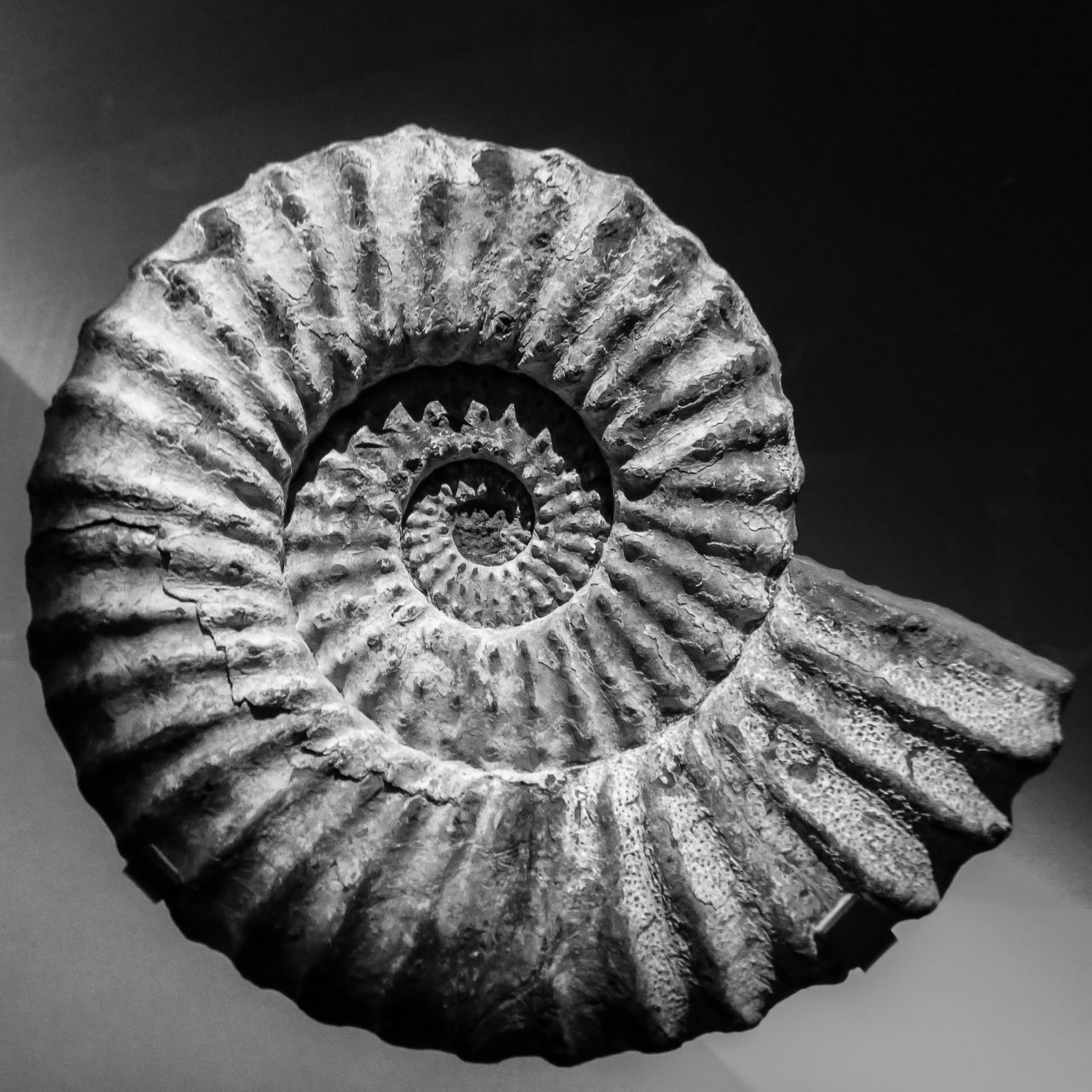
Data Stewardship Committee
Developing and fostering practices and standards in the field of Earth science informatics.
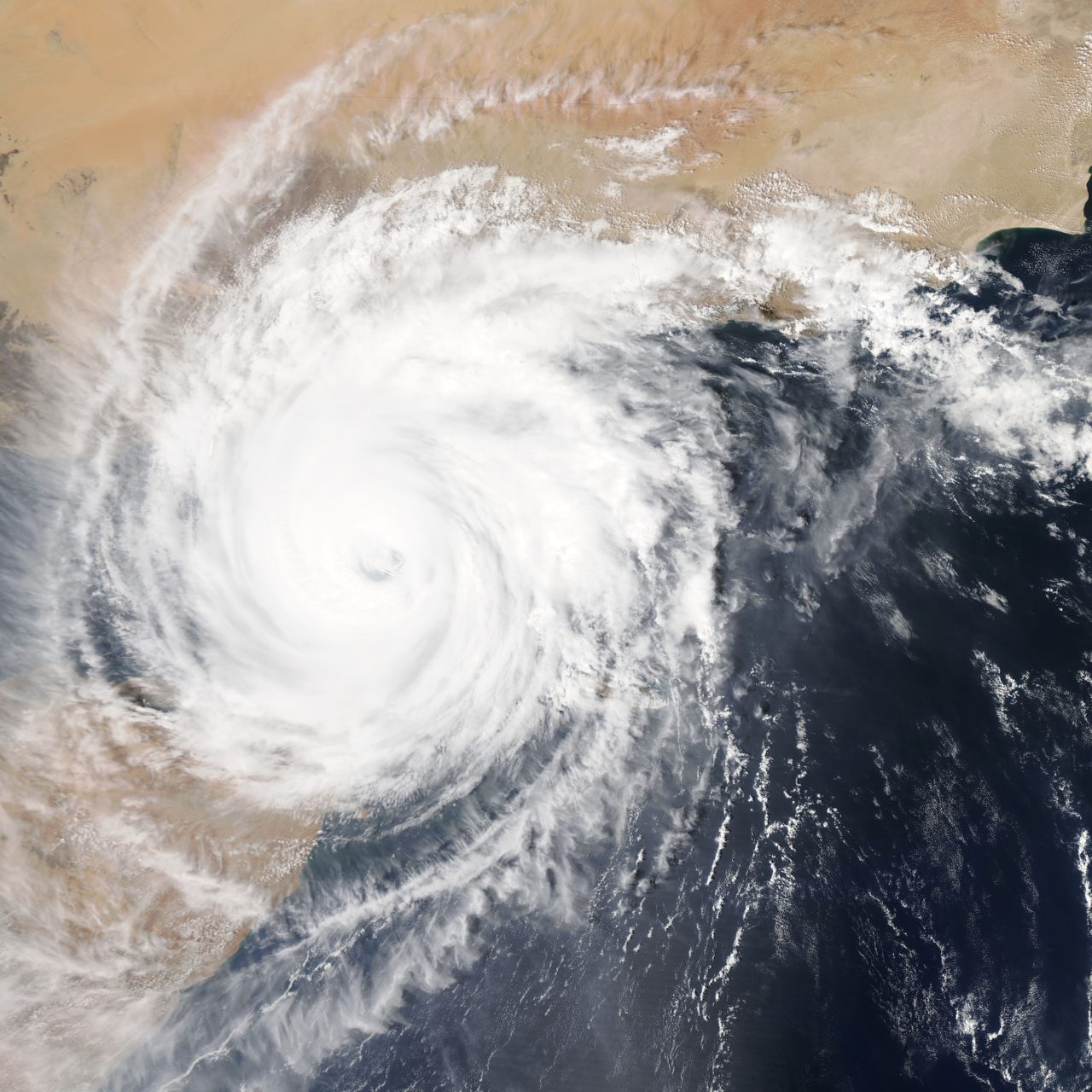
Disaster Lifecycle
Facilitating connections among data providers, managers, and developers of disaster response systems and tools, and end-user communities.

Discovery
Exploring usage-based discovery, including relationships between datasets and types of usage, from publications to applications to policy-making.

E2SIP
Providing a forum for the Australasian Earth & environmental science data and informatics community to collaborate on challenges and solutions in eResearch infrastructures, including practices, standards and emerging technologies

Earth Comms
A community space for Earth science communicators to gather, learn from one another, and strengthen our work.
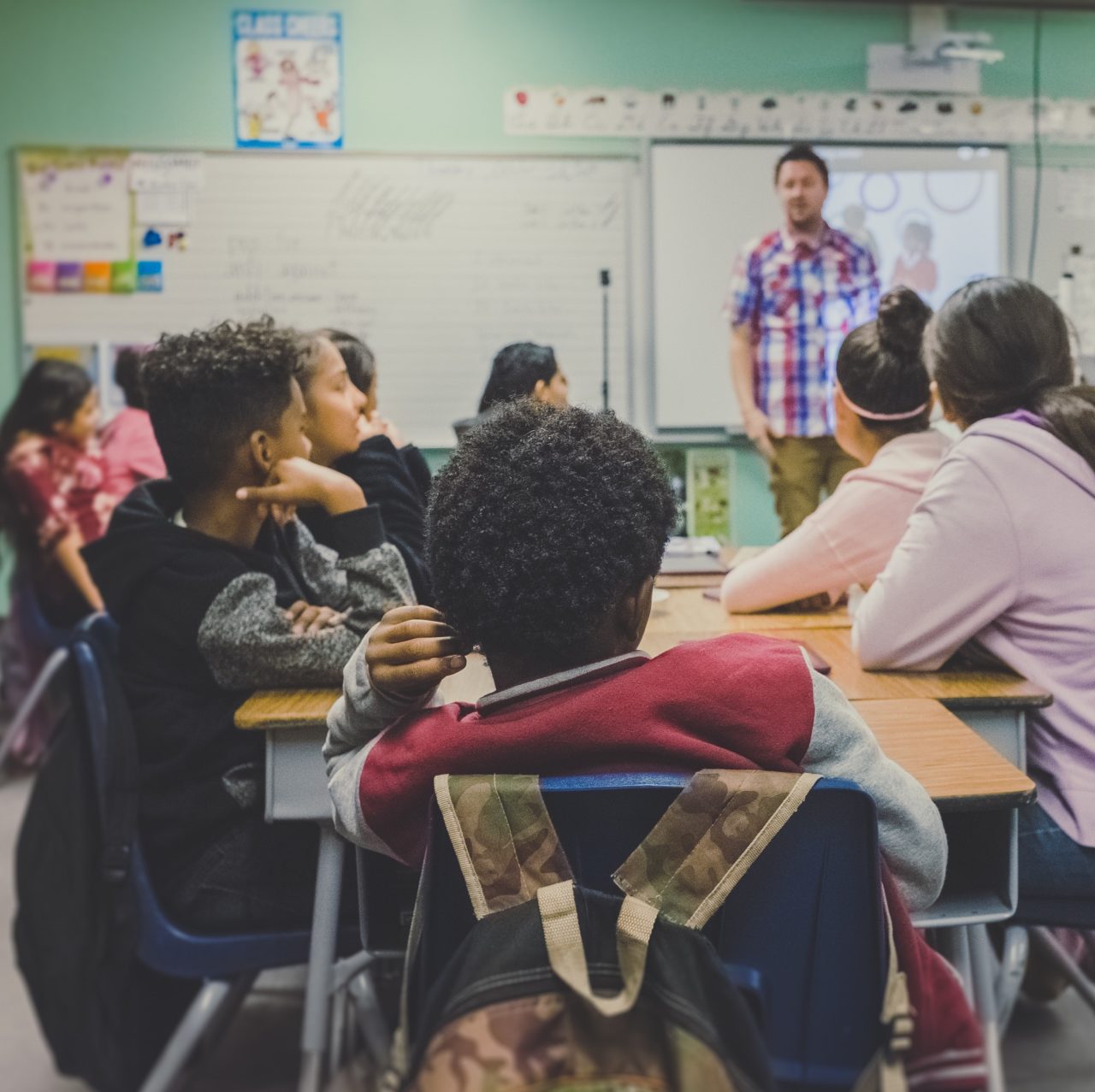
Education Committee
Promoting the development and dissemination of Earth science educational products, information, and tools to a broad user community including educators and learners at all levels in both formal and informal settings.
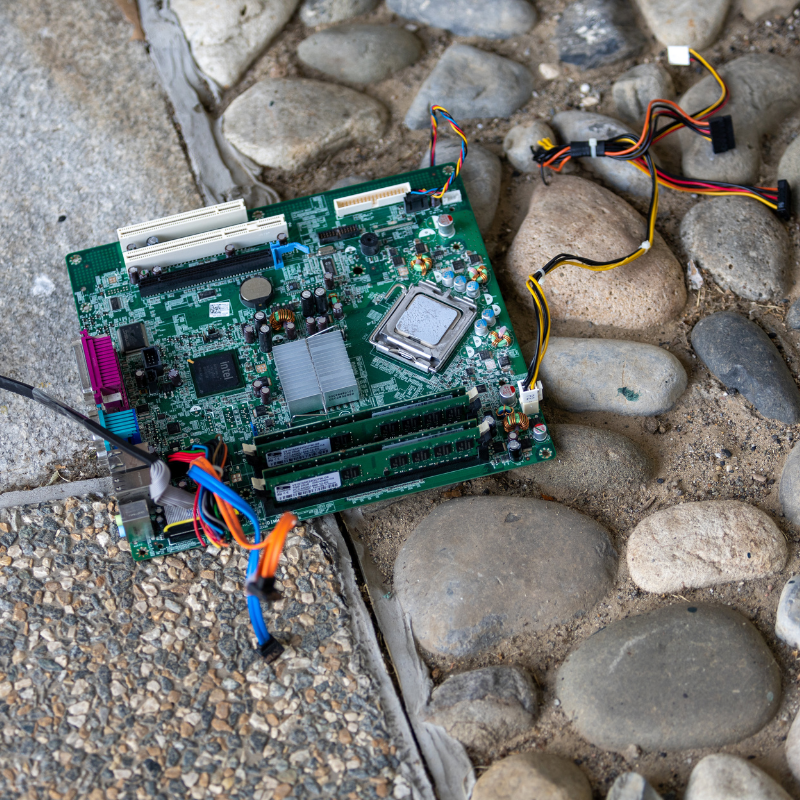
EnviroSensing
Sharing and developing best practices for real-time sensor network data quality and deployment strategies.

Finance Committee
Considering all ESIP financial matters in accordance with ESIP Policies and Procedures.

Geodata4Health
Work together to understand environmental impacts on disease and public health.

Governance Committee
Considering all amendments to ESIP’s Policies and Procedures, as well as acting as a resource for questions from community participants.

Information Quality
Providing authoritative information and guidance to data providers on how best to implement data quality standards.

IT&I Committee
Ensuring that Earth science data, information and services can be readily exchanged and integrated and encouraging the use of best information technology practices.
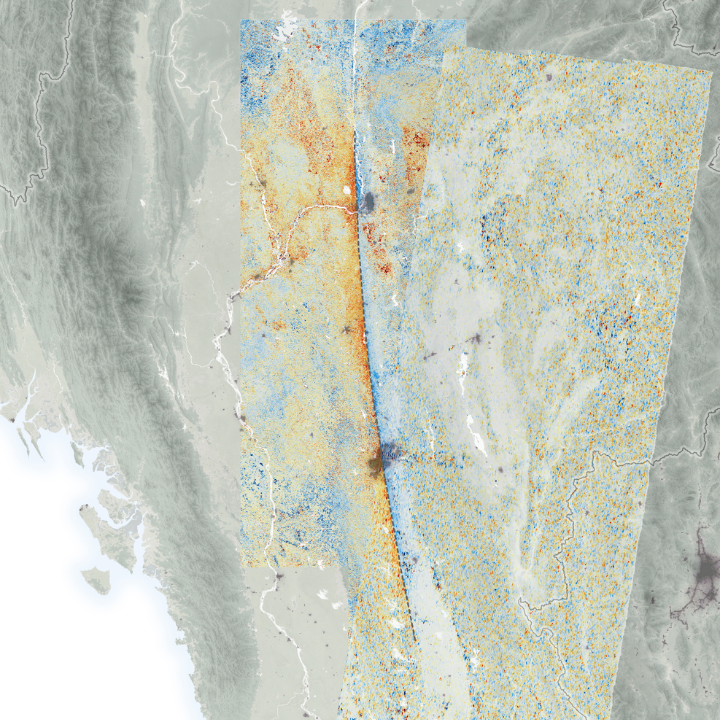
Machine Learning
Sharing experiences and resources on machine learning and its applications in the Earth and space sciences, and developing training materials to share with the broader ESIP Community.
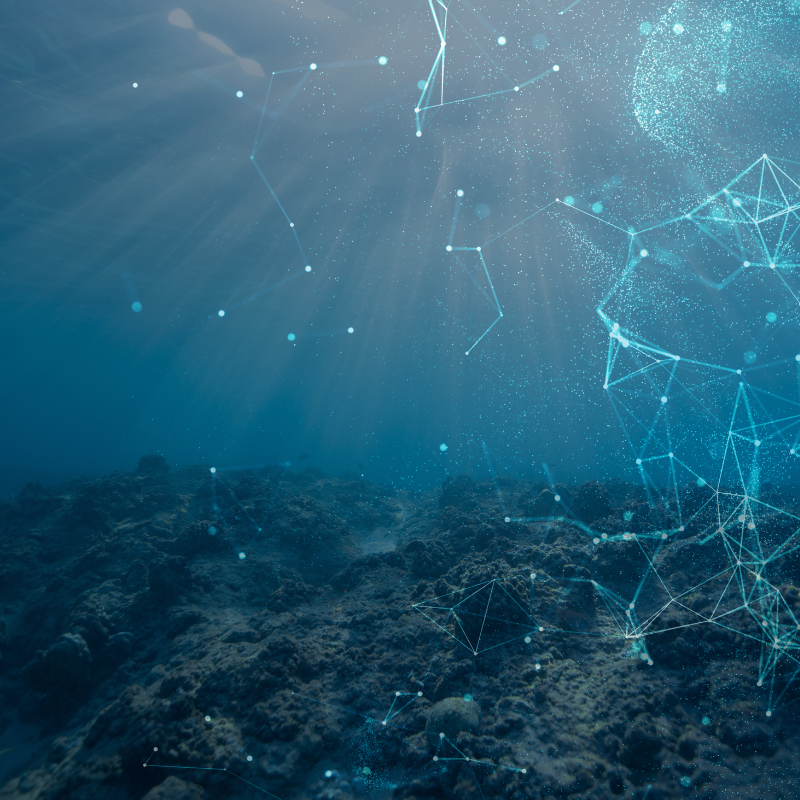
Marine Data
Exploring critical topic areas in informatics such as data management, interoperability, data analytics, data quality, and cloud computing, specifically related to the marine environment.

Meetings Committee
Overseeing ESIP’s twice annual meetings and responding to attendee feedback.

Nominations Committee
Soliciting and accepting nominations for all elective offices and ensuring that there are candidates for each elective office at the time of elections.

Open Science
Gathering and sharing knowledge with the aim of increasing awareness and adoption of open science.

Partnership Committee
Considering new organizational partnership applications and forwarding accepted applications to the partner assembly for comment.

Physical Sample Curation
Enhancing discoverability, access, and use of physical sample collections.

Schema.org
Supporting improved search and discovery of scientific resources by developing best practices for publishing and harvesting structured data on the web based around the core schema.org vocabulary.
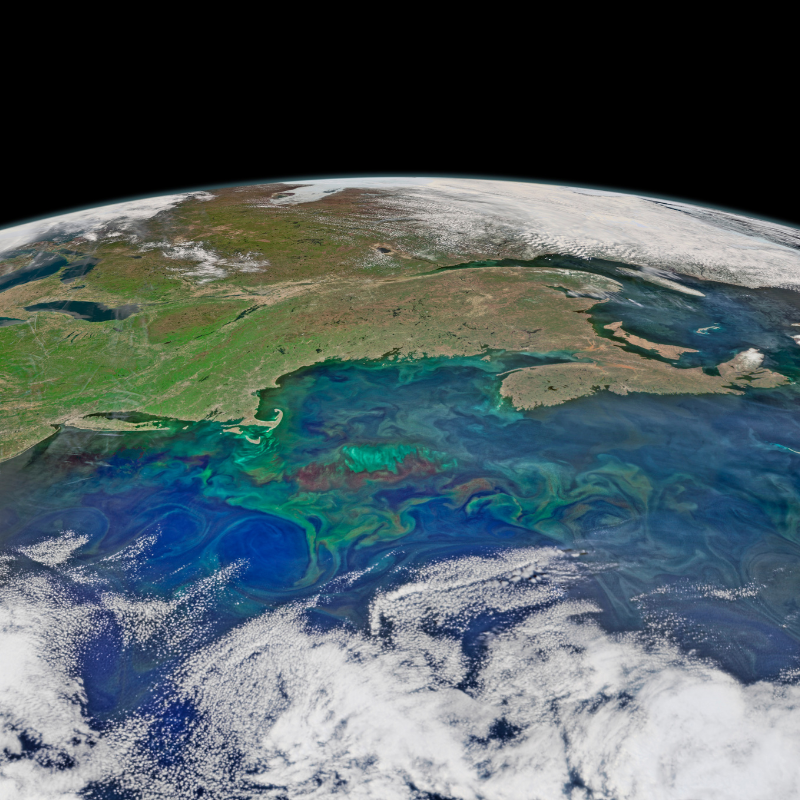
Semantic Harmonization
Disseminating best practices for harmonizing semantic resources, focusing on harmonizing the SWEET ontology with other commonly used ontologies, such as ENVO.
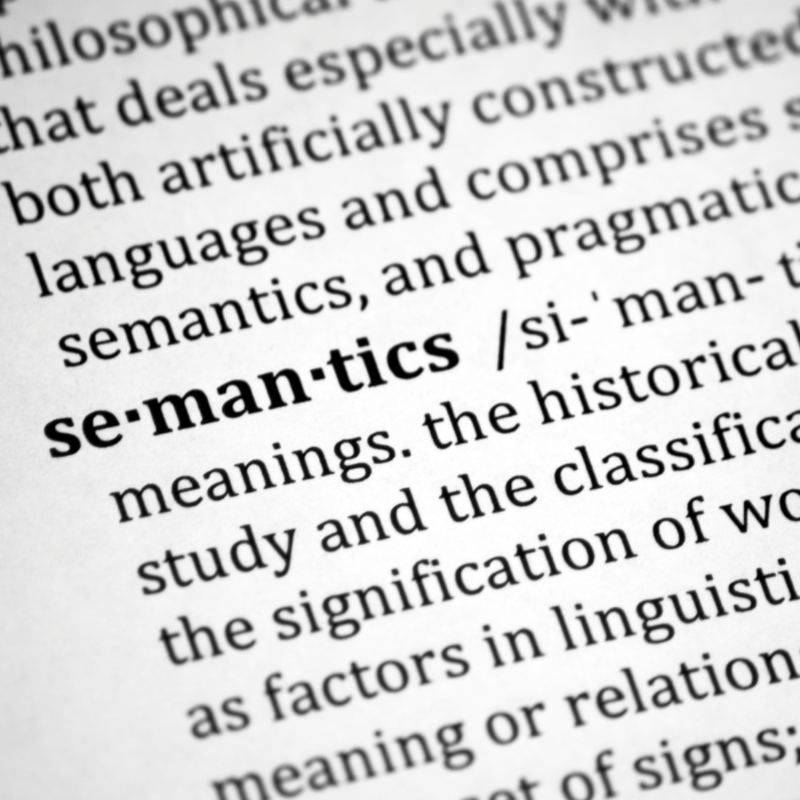
Semantic Technologies Committee
Promoting research and development of semantic technologies in support of Earth science data discovery, dissemination, and analysis.

Soil Ontology and Informatics
Connecting the soils research community and those whose research incorporates soils data to informatics tools for better research.

Sustainable Data Management
Investigating pathways for sustainable increased collaboration and coordination in the area of environmental data management that will benefit both research networks and also individual investigators.

Wildfire
Defining the future as we open the doors to open wildfire science and proactive solutions in wildfire management.
See an opportunity for a new Cluster?
Would your project benefit from accessing the ESIP framework for collaboration? Contact staff@esipfed.org to discuss whether your topic of interest would fit in with existing ESIP Collaboration Areas or if you should propose a new group.
Check out How to Cluster: A guide for cluster leaders, those who are considering starting a cluster, and those who are just curious about how clusters work!
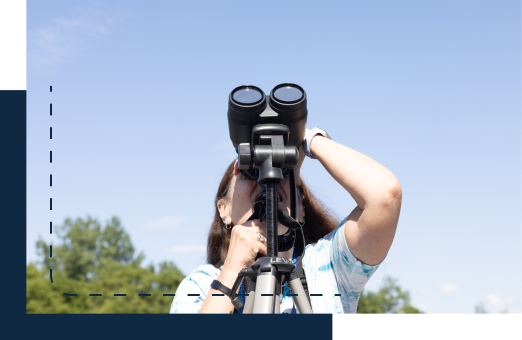
Clusters on Hiatus
After achieving their initial goals, these ESIP Collaboration Areas have gone into hiatus – a period of low activity.
You will still likely find sessions covering these topics at the twice annual ESIP Meetings.
If you would like to discuss re-activating any of the groups, please contact staff@esipfed.org.
- Agriculture and Climate
- CLEAN Network (now an ESIP Partner)
- Community Data
- Community Resilience
- Data to Decisions
- Data Models
- Documentation
- Earth Science Data Analytics
- Earth Sciences Pre-Prints
- Energy & Climate
- IM Code Registry
- Public-Private Partnerships
- Research Artifact Citation
- Science Communication
- Science Software
- Software & Services Citations
- Usability
- VR/AR for Science
- Web Services

